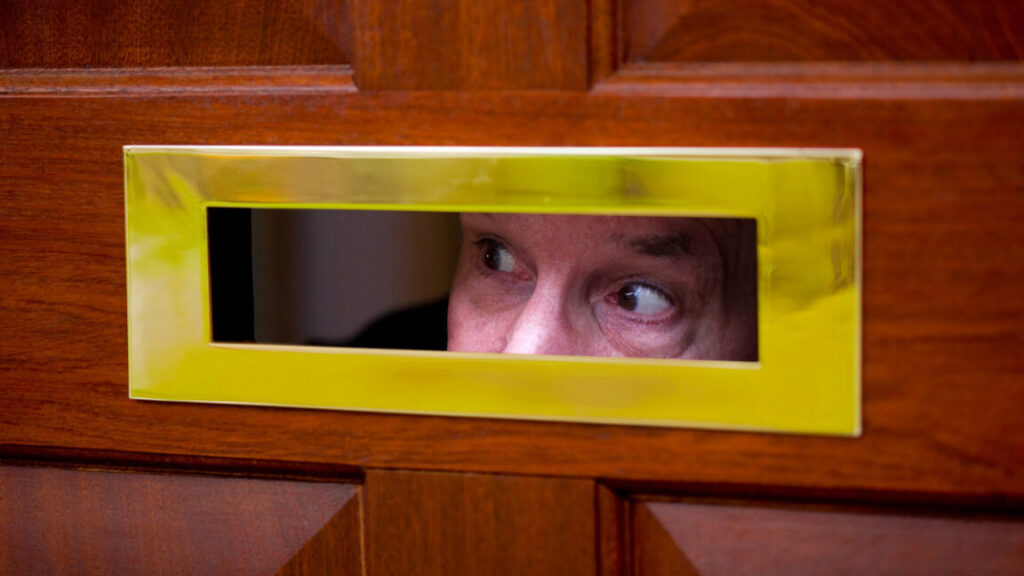
The warning extends beyond voice scams. The FBI announcement details how criminals also use AI models to generate convincing profile photos, identification documents, and chatbots embedded in fraudulent websites. These tools automate the creation of deceptive content while reducing previously obvious signs of humans behind the scams, like poor grammar or obviously fake photos.
Much like we warned in 2022 in a piece about life-wrecking deepfakes based on publicly available photos, the FBI also recommends limiting public access to recordings of your voice and images online. The bureau suggests making social media accounts private and restricting followers to known contacts.
Origin of the secret word in AI
To our knowledge, we can trace the first appearance of the secret word in the context of modern AI voice synthesis and deepfakes back to an AI developer named Asara Near, who first announced the idea on Twitter on March 27, 2023.
“(I)t may be useful to establish a ‘proof of humanity’ word, which your trusted contacts can ask you for,” Near wrote. “(I)n case they get a strange and urgent voice or video call from you this can help assure them they are actually speaking with you, and not a deepfaked/deepcloned version of you.”
Since then, the idea has spread widely. In February, Rachel Metz covered the topic for Bloomberg, writing, “The idea is becoming common in the AI research community, one founder told me. It’s also simple and free.”
Of course, passwords have been used since ancient times to verify someone’s identity, and it seems likely some science fiction story has dealt with the issue of passwords and robot clones in the past. It’s interesting that, in this new age of high-tech AI identity fraud, this ancient invention—a special word or phrase known to few—can still prove so useful.